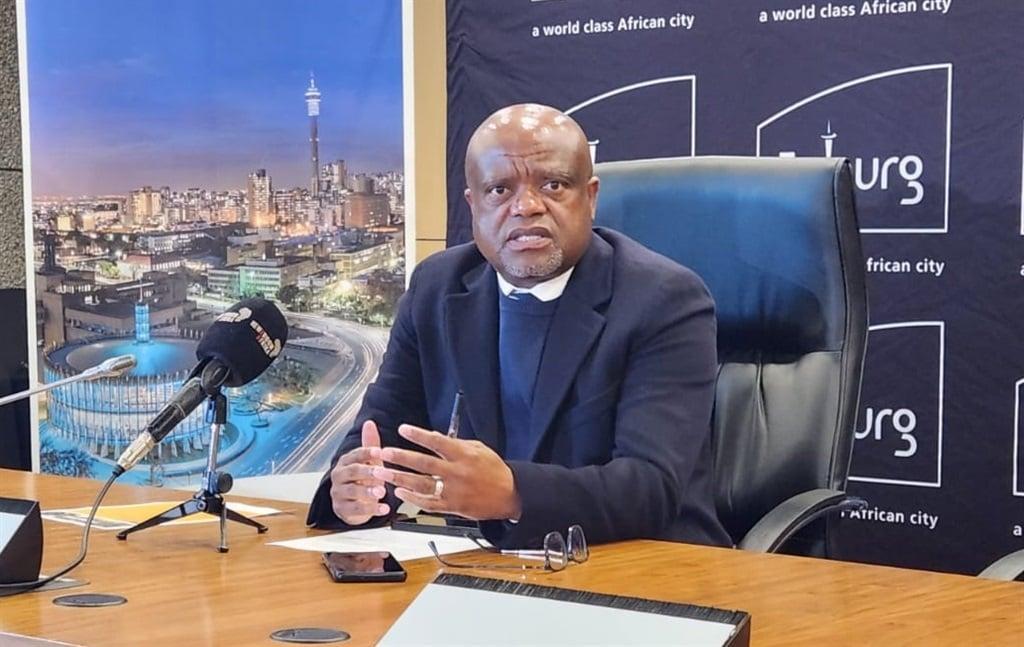Africa-Press – South-Africa. City of Johannesburg mayoral committee member for finance Dada Morero said the Eskom tariff increase is the main reason for the new rates after a whopping 18.65% increase, way above inflation, was allowed by the National Energy Regulator of SA (Nersa) for the new financial year.
Morero held a tariff workshop on Wednesday to expand on how the new rates were calculated to meet the R80.9 billion 2023/24 budget.
There will be an increase in tariffs on crucial services, including:
Morero said the energy increase affects most, if not all, of the services.
Water, for example, needs to be pumped to reservoirs and residents. As the electricity goes up, Joburg Water must pay more for power. As the power becomes more unreliable, the entity must invest in alternative infrastructure to keep the service going.
Morero said the City understood that residents were under strain because of the financial crunch, so the budget allowed for some “cushioning”.
“We understand that many households are currently struggling from the high rising costs of services. The City understands that our residents are battling under low economic growth, unemployment, load shedding and still feeling the effects of the Covid-19 pandemic.
“The City is striving to subsidise more residents who are unable to afford the high costs of municipal services. This is because the City was already buying bulk services such as electricity and water at a very high cost.
“As more than 75% of City Power’s operating budget is attributable to bulk purchases cost, it is the most significant driver of City Power’s operating budget.”
City Power has a bulk purchase cost for the financial year 2023/24 of around R16.4 billion after the Nersa increase.
Morero said the City took comments by residents seriously during the Integrated Development Plan meetings. This and input by the Treasury resulted in the property rates increase of 2% instead of the original 5% suggestion.
The MMC, however, made provisions for low-income homes and pensioners.
These include:
There is further property tariff relief for pensioners.
Pensioners from the age of 60 whose gross monthly household income is lower than R11 904 and the property value is up to R 1.5 million (inclusive of the residential threshold value) qualify for a 100% rates rebate.
Pensioners whose gross monthly household income is more than R11 904 but equal to or less than R20 404 with a property value up to R1.5 million (inclusive of the residential threshold value) qualify for 50% rates rebate.
Rates will be levied on the balance of the values of the properties that exceed R1.5 million.
Pensioners older than 70 qualify for 100% rates rebate up to the market value of R2 million (inclusive of the residential threshold value).
There are also tariffs to reward approved generator-use-of-system, where customers return excess energy to the grid.
For More News And Analysis About South-Africa Follow Africa-Press






